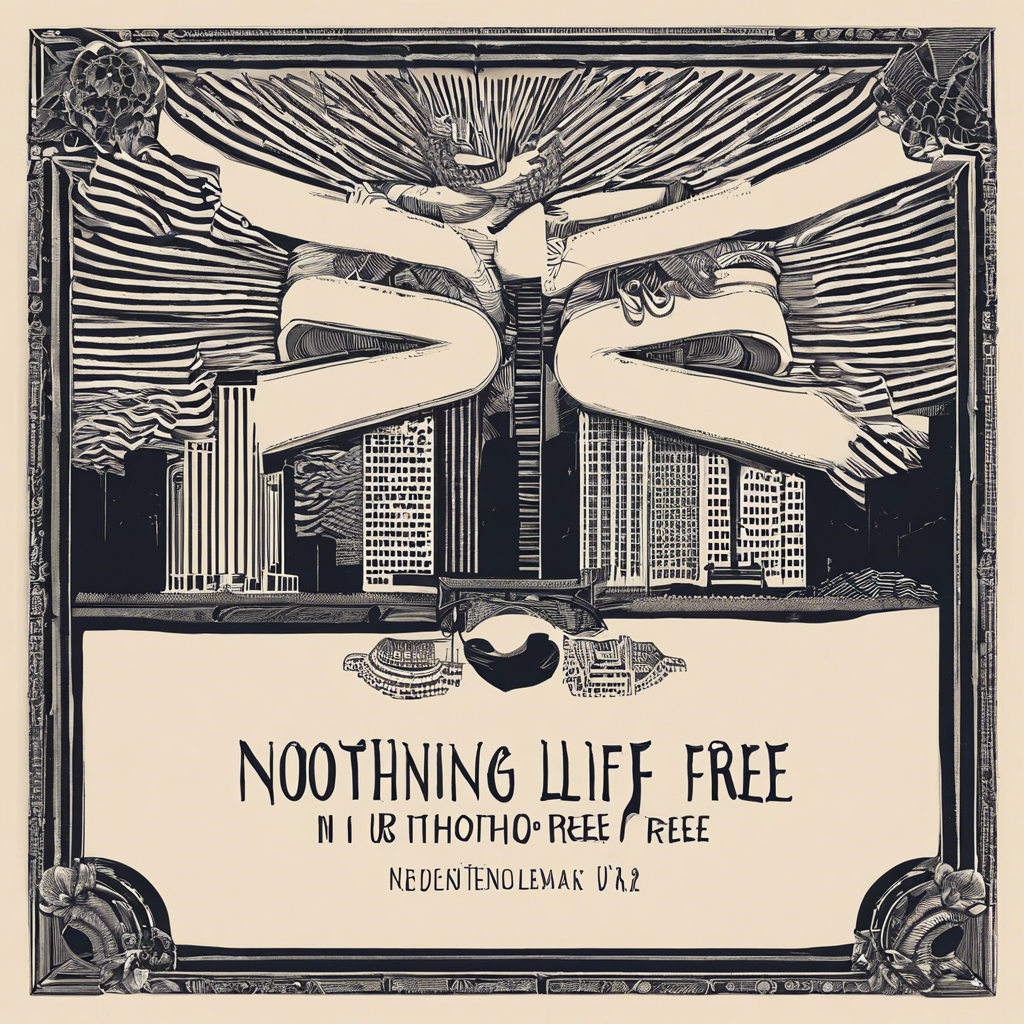The ‘Nothing in Life is Free’ method, a concept that might sound harsh initially, holds a treasure trove of wisdom and can be an effective tool for both personal growth and improving relationships with our beloved pets. Its core principle revolves around a simple idea: everything has a cost, and recognizing this can lead to more meaningful interactions and positive behavioral changes.
In the realm of pet training, especially with dogs, this method has gained popularity. It encourages owners to set healthy boundaries and expectations. Instead of providing treats or attention freely, owners ask their dogs to perform a simple task or command first. For instance, before giving dinner, you might ask your dog to sit or shake hands, fostering a sense of cooperation and mutual respect. This approach not only teaches them good manners but also stimulates their minds, preventing boredom-induced behavioral issues.
But how does this translate to human relationships and personal development? Well, the philosophy behind ‘Nothing in Life is Free’ can be a powerful catalyst for self-improvement. When we internalize the idea that everything comes at a price, we become more mindful of our choices. Every action, whether it’s pursuing a career goal or maintaining a relationship, requires effort. By embracing this mindset, we become more intentional and appreciative of our efforts and the contributions of others.
Implementing this method in our lives might begin with small steps. For instance, before turning on the TV, consider if there’s a more productive activity that could benefit you in the long run, like reading a book or learning a new skill. This shift in perspective encourages productivity and personal growth.
The beauty of this concept is that it promotes a balanced approach. It’s not about depriving ourselves but understanding the value of our actions. When we realize that even simple pleasures or rewards have a ‘cost,’ we appreciate them more and make conscious decisions about how we spend our time.
For parents, this method can be a game-changer. Teaching children that privileges and rewards are earned through tasks or good behavior can foster a sense of responsibility and self-discipline. It’s a lesson in understanding that actions have consequences, a fundamental principle for personal development.
In romantic relationships, the ‘Nothing in Life is Free’ mindset can enhance mutual respect and understanding. When both partners recognize that love and support are exchanged through mutual effort, it reinforces the bond. Small gestures, like doing chores or offering words of appreciation, become meaningful ways to show commitment and care.
While it might be challenging to adopt this mindset initially, the benefits are long-lasting. It encourages us to be more present, thoughtful, and appreciative, ensuring that every action we take has a purpose and is not taken for granted.
Applying this philosophy can lead to significant changes in various aspects of life. It highlights the importance of conscious decision-making and can be a powerful tool for personal transformation and relationship development. Remember, it’s not about austerity but recognizing the value and effort behind every achievement, big or small.
In essence, the ‘Nothing in Life is Free’ method is a gentle reminder that every action has a consequence, and by embracing this, we can lead more fulfilling, conscious lives. It’s a philosophy that encourages us to be active participants in our journey, making every moment count.

